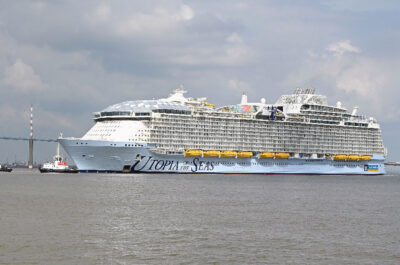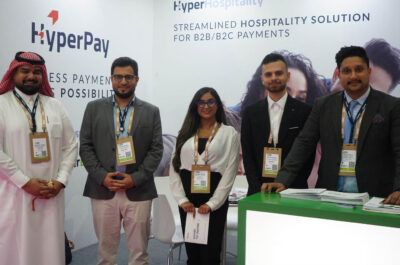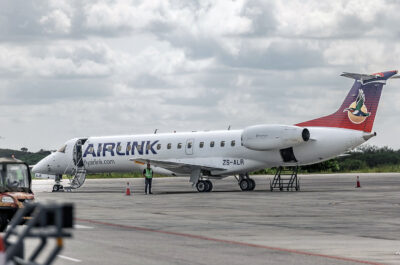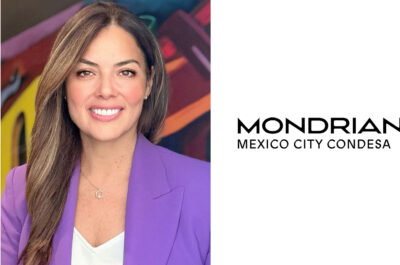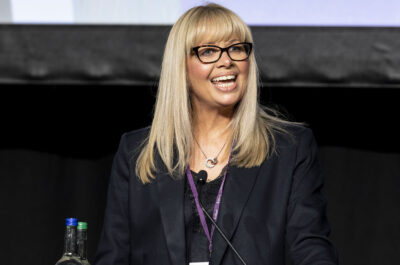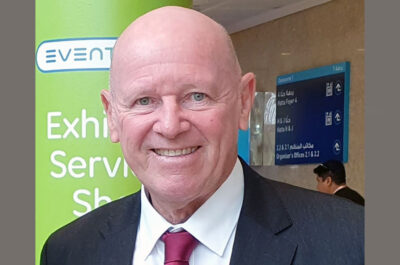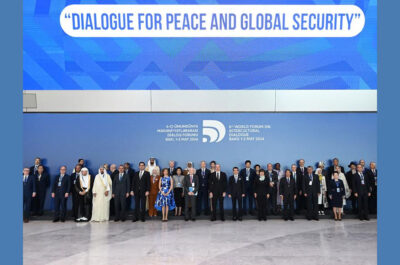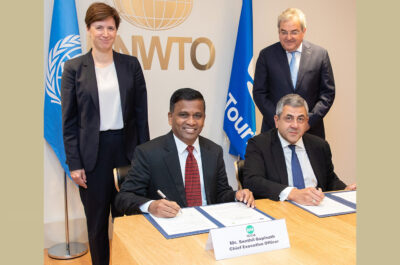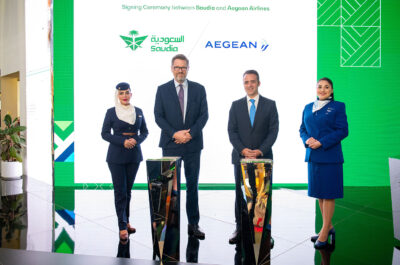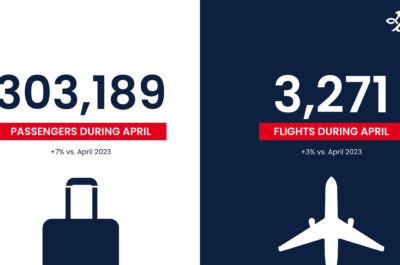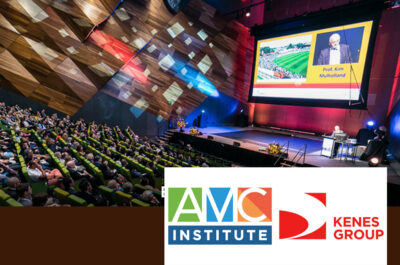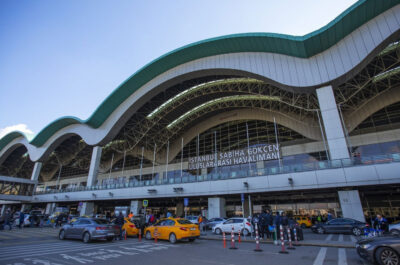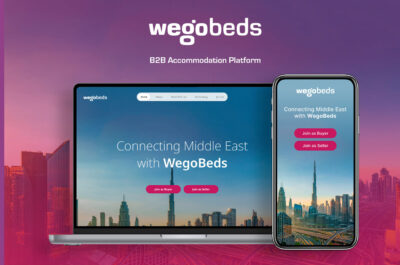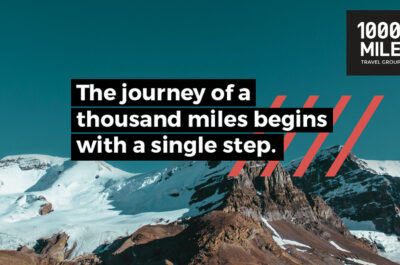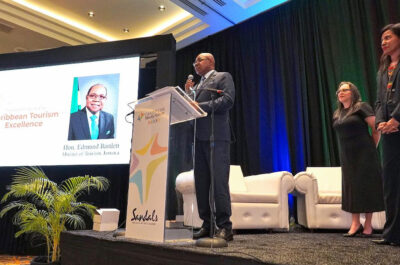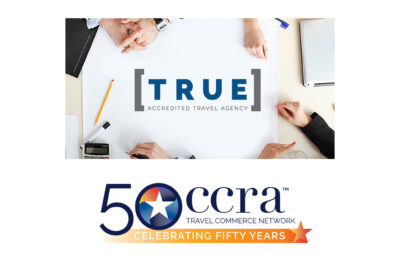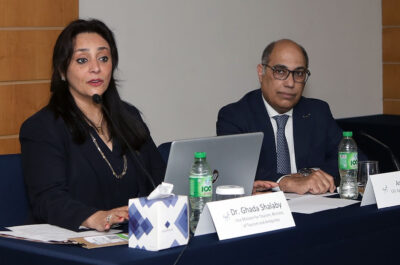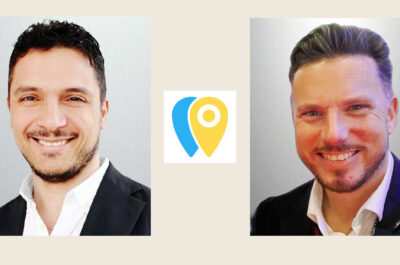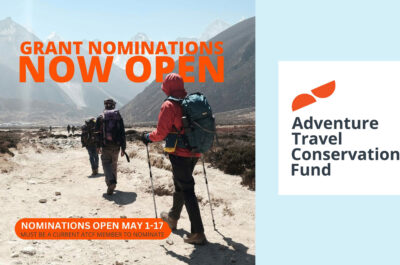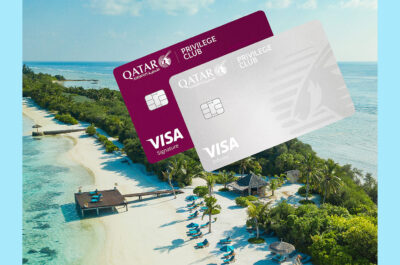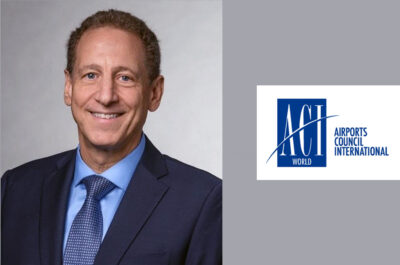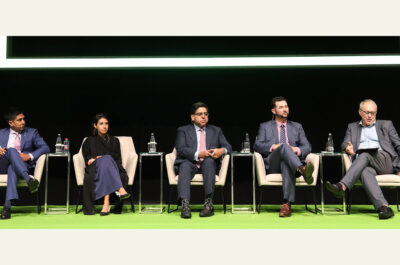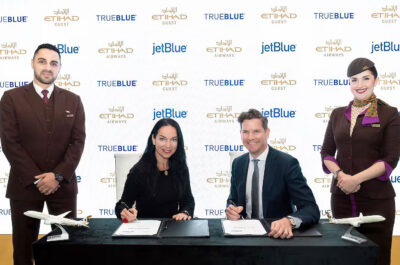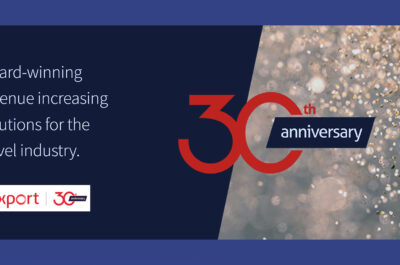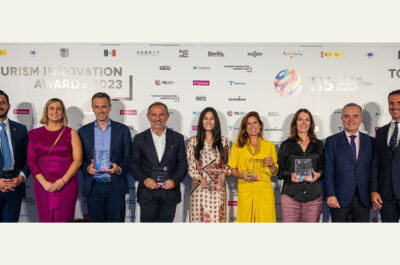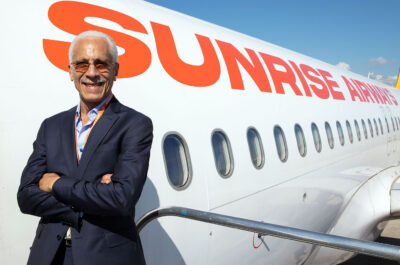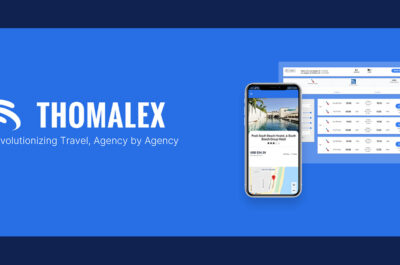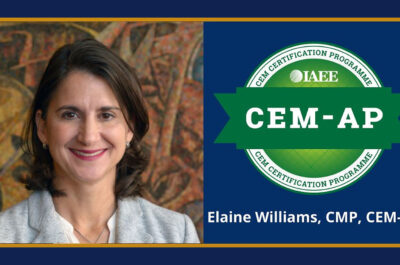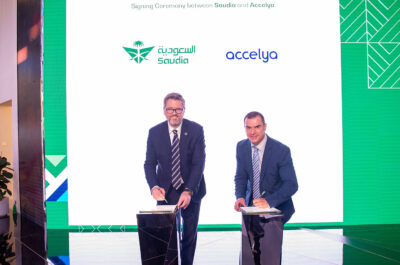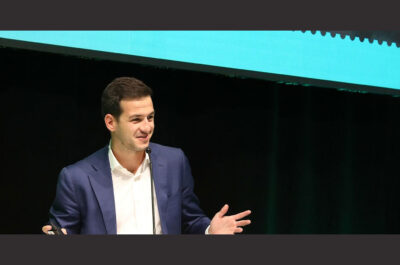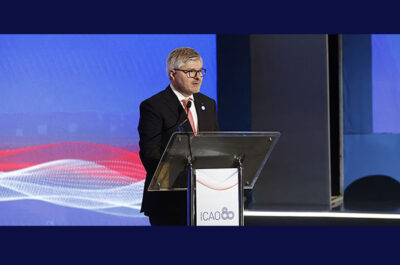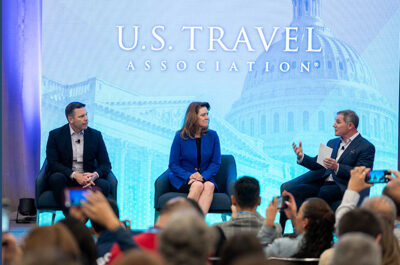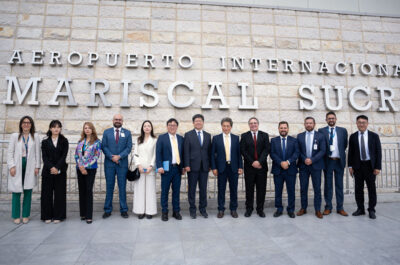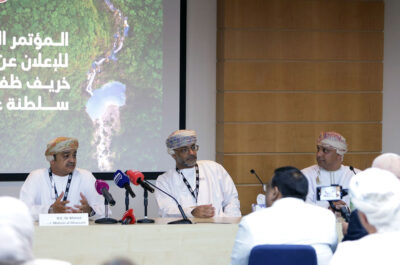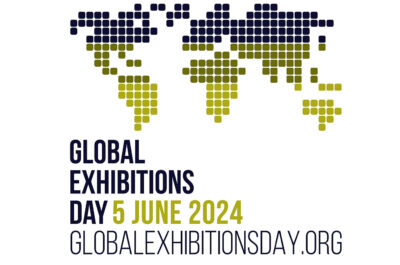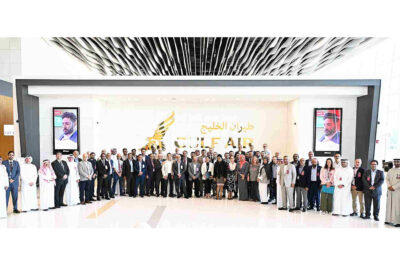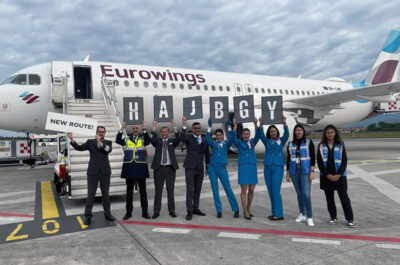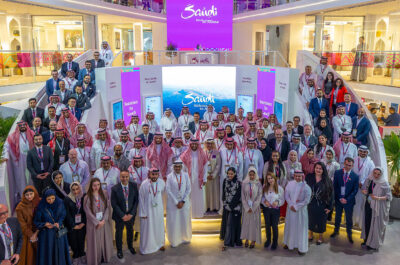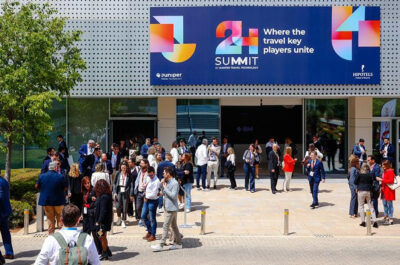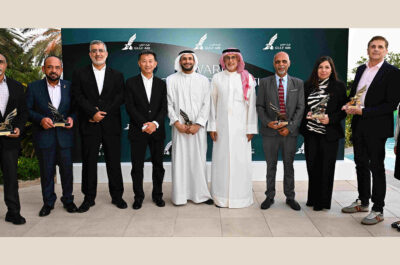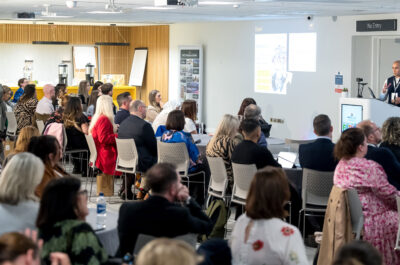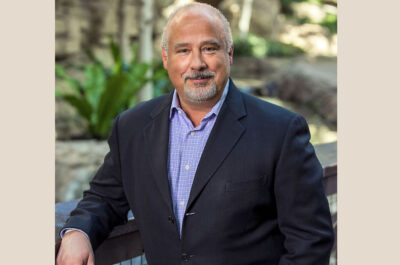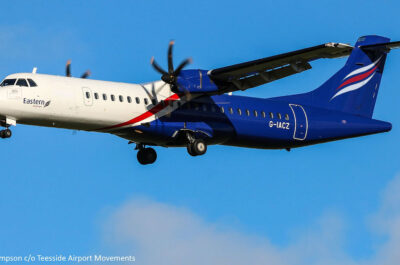…
 A mobile phone knows so much more about a user’s current location than a PC. This gives mobile a huge advantage over PC search in servicing an immediate requirement. Certainly, the opportunity for mobile technology is tremendous but it is hampered by two key issues, says Abacus International, VP – marketing, Brett Henry.
A mobile phone knows so much more about a user’s current location than a PC. This gives mobile a huge advantage over PC search in servicing an immediate requirement. Certainly, the opportunity for mobile technology is tremendous but it is hampered by two key issues, says Abacus International, VP – marketing, Brett Henry.
Firstly, the infrastructure required is fragmented as it is owned by various local telco providers, which makes it difficult to provide consistency to users. Secondly, new entrants are seeking their stake of market share, which makes it difficult to ensure the same standard of technology is applied across the board.
"So while there are a number of very interesting local projects that demonstrate just how effective mobile technology can be, for example augmented reality, it is a difficult task at this point in time to pull this off on a regional or global scale," said Henry, scheduled to speak at the forthcoming Travel Distribution Summit Asia 2010 (to be held in Singapore, April 28-29).
Henry also spoke about several other issues in an interview with EyeforTravel’s Ritesh Gupta. Excerpts:
Ritesh Gupta: Do you think the biggest obstacle today is international roaming charges, which make mobile use overseas prohibitive in the short term except for business use?
Brett Henry: International roaming charges are currently an obstacle, however these prices will come down once telecommunications realise they need to price reasonably in order to push usage of their invested infrastructure. On the other hand, increasing use of smartphones, which is spurred by the success of Apple’s iPhone, will also drive demand and therefore a middle ground will be created where demand meets supply. Yet the complexity of roaming charges will be a hurdle in the midterm.
R.G.: Travel companies have realised that in addition to maps, travel directions, and local information can make a travel site a valuable destination resource especially considering the fact that travel planning is destination-sensitive. How friendly do you think is geo-content on mobile phones today?
Brett Henry: Indeed, geographic content is very useful but the problem is still that of payment, for example who will be paying whom for those services. International roaming charges are confusing enough today, so the challenges moving forward will be to implement a clear service structure so that consumers understand what they are paying for.
R.G.: How do you assess the current innovation especially in location-based services and its utility especially for travellers be it for travel planning and booking? For instance, recently, online travel agency, priceline.com, came up with the latest version of its Hotel Negotiator App which allows travellers to point their phones in a desired direction and the radar sweeps the area looking for hotels. Each time the traveller turns, a new radar search begins. When the radar detects an individual hotel, it displays a price and star level.
Brett Henry: Technology convergence, such as mapping plus GPS plus content plus augmentation, is certainly on the rise. The applications that will see the distance will be the few who truly provide a superior user experience and greater convenience. I believe that the first to drive these applications or ‘apps’ will be Apple’s iPhone, as this is where developers are currently churning out the most apps. That said, Google Android is also a strong contender.
R.G.: Mapping used to be the gateway to services and now with the advent of free navigation by Nokia worldwide and by Google on a much more limited scale you have handset vendors closing the gaps on user interaction and making location services easier to use, find, and fulfill user’s needs. How do you assess these developments from travel industry’s perspective?
Brett Henry: The two key issues limiting mobile technology is the fragmentation of infrastructure and technology. To overcome this, you need someone with clout (like Nokia or Google) to make local telcos cooperate. Moreover, to make it relevant for the travel industry, you need both geographical coverage (since a traveller usually requires such services outside his usual telco’s coverage) and a business model that make sense for all parties.
R.G.: There is some progress being made as far as mobile advertising is concerned. For instance, Google has unveiled a mobile feature that allows advertisers to add a clickable local phone number to mobile paid search ads. Recently, mobile network operator Orange launched a new mobile advertising service that enables brands to engage and interact directly with targeted segments of Orange’s customer base in the UK. On the flip side, there are quite a few challenges – for example, mobile advertising linking to sites that are not mobile web compatible. How do you see mobile advertising as of today?
Brett Henry: Mobile technology is following the same evolutionary path as advertising on the Internet and email, meaning it will become easier and cheaper. Although it is not without its disadvantages, for example,e controls are imposed on what is acceptable content and level and consumers are likely to fight back against spam. However the potential target is much bigger and the response practically instantaneous – so it is inevitable that advertising spend will shift to some extent from the web or print to the mobile platform.
R.G.: Leveraging social media sites such as Twitter and Facebook seems to be at the core of the telecommunication company’s smartphone marketing strategies. What kind of progress do you think has been made in terms of solutions that bring together LBS, navigation, user generated content and communities?
Brett Henry: It is not a case of technology or solution but a matter of having a viable business model. I believe Google probably has the best chance of pulling it off, because of their content, size and reach. Specifically, I think their strategy largely depends on the success of Android. Apple already has the right platform with the iPhone, but it needs to find the right mix of content and partners.
Henry is scheduled to speak at the forthcoming Travel Distribution Summit Asia 2010 (to be held in Singapore, April 28-29).





















